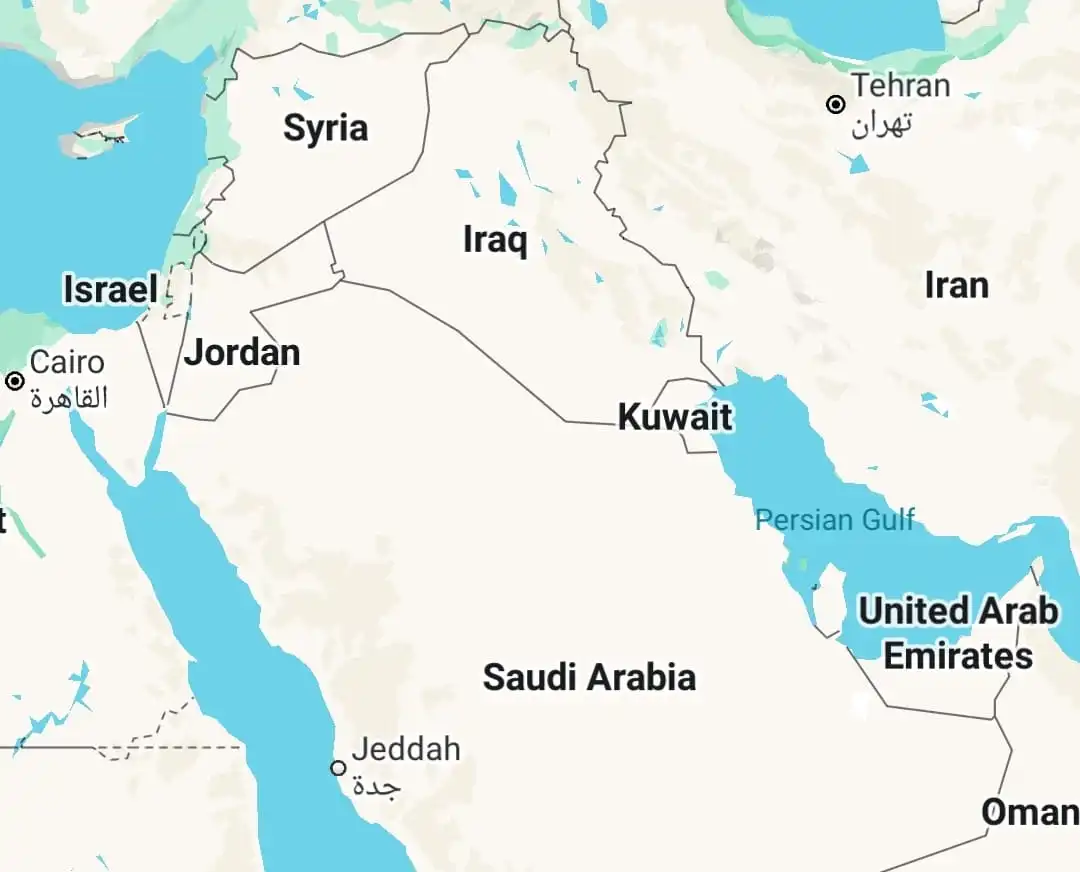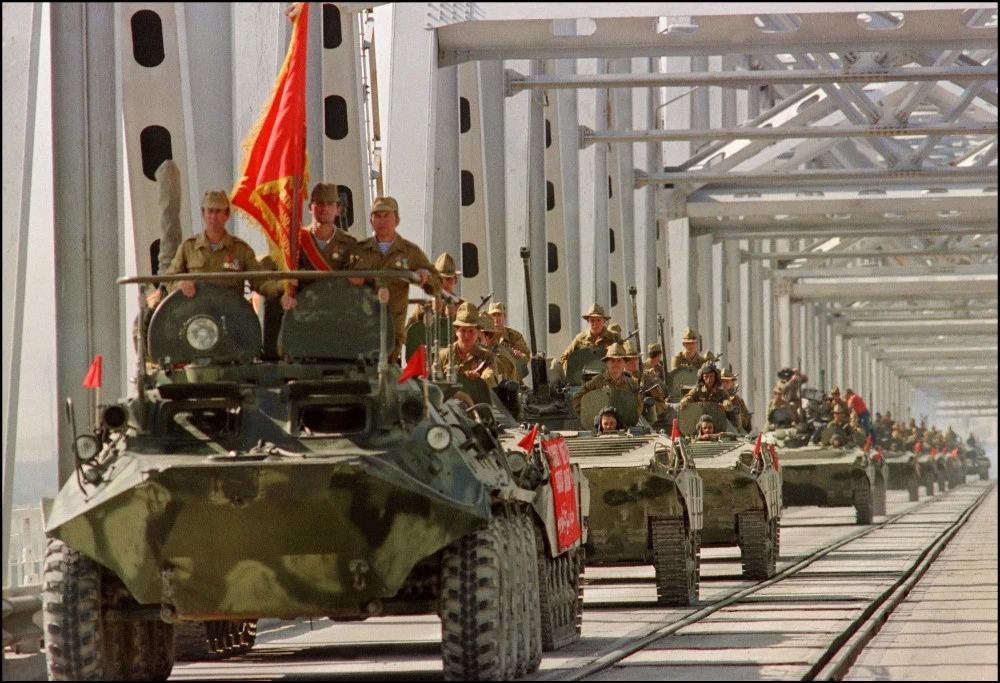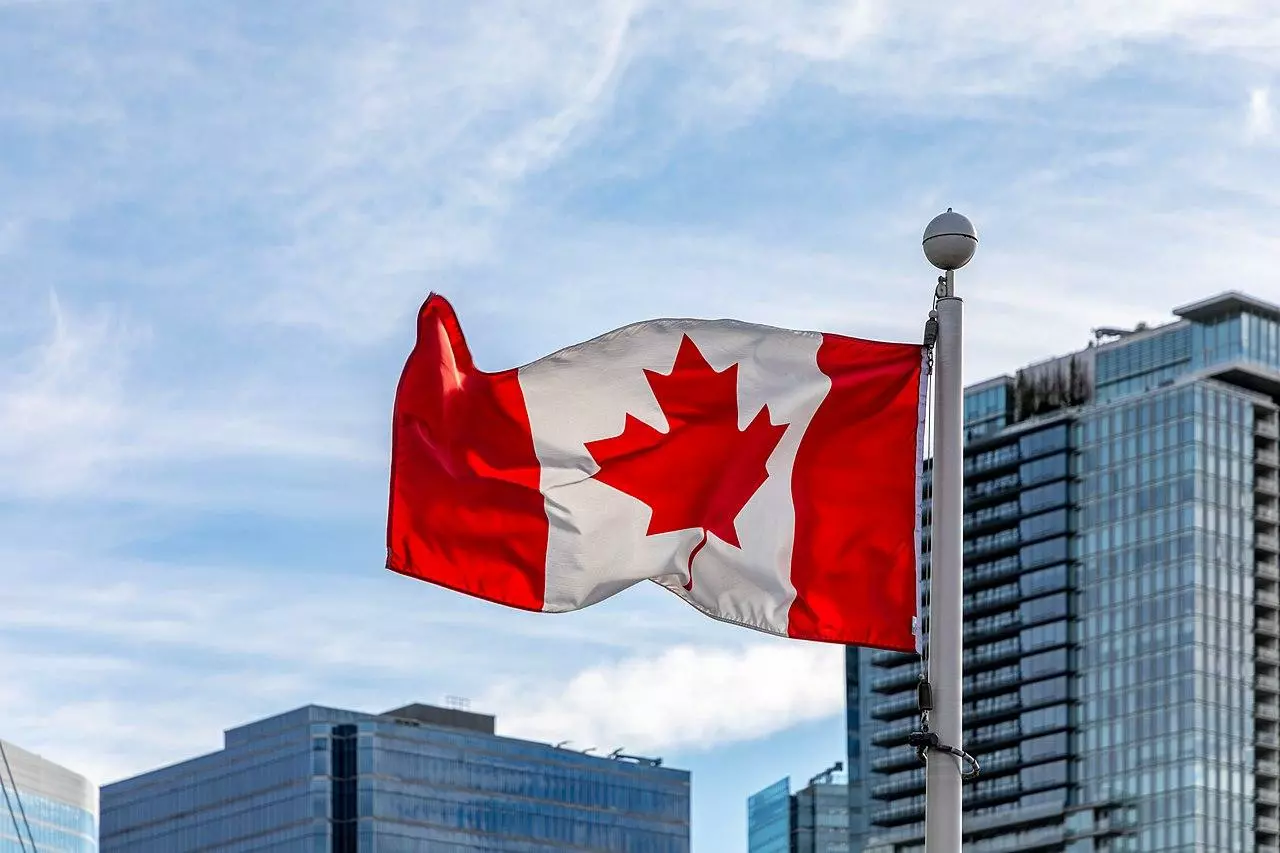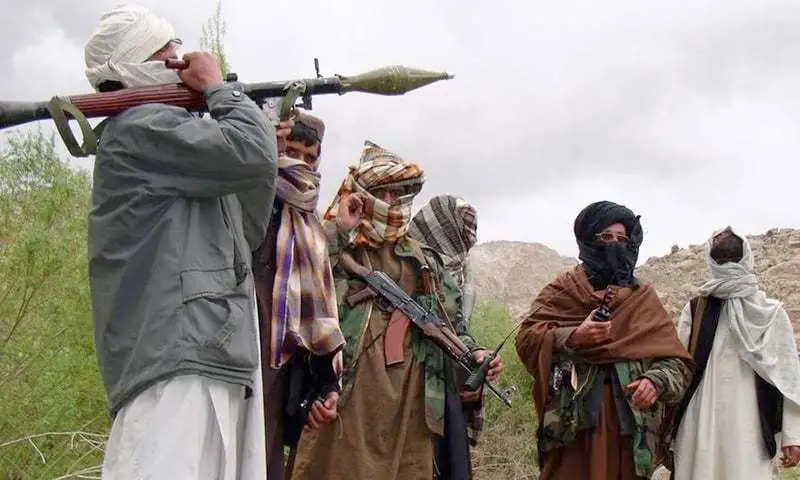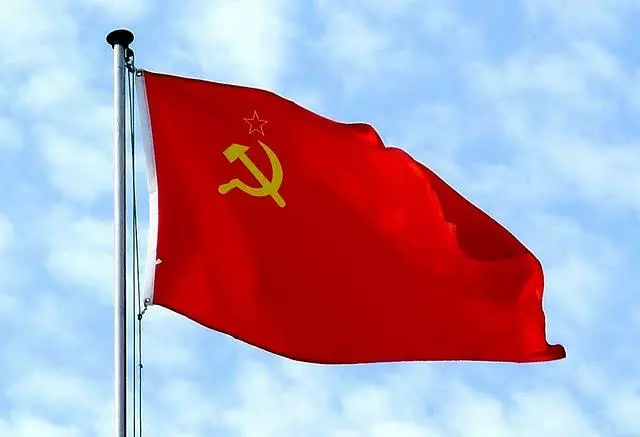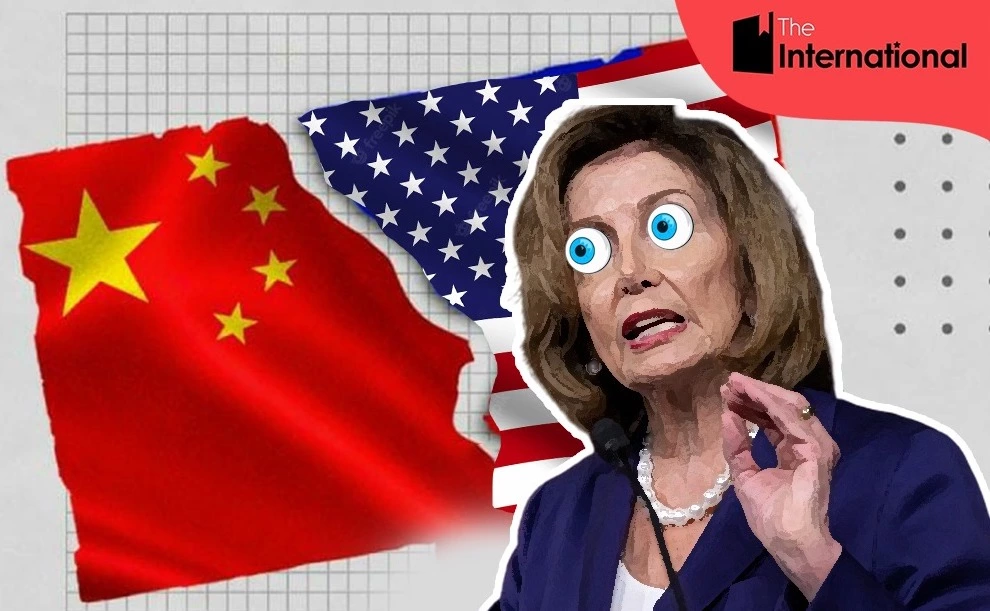The historical presence of the Axis of Resistance (known in Persian as محور مقاومت Mehvar-e Moqâvemat and in Arabic as محور المقاومة Miḥwar al-Muqāwamah) in West Asia and North Africa, which includes those nation-states known as Iran, Syria, Iraq and Yemen, has taken up the mantle of independence and self-determination and has echoes of the heroic period known as the Arab coalition that fought against the Turks during T.E. Lawrence's time. It was called the "Arab Revolt" or the "Great Arab Revolt", and was led by Sharif Hussein bin Ali and his sons, Faisal, Abdullah, and Ali, against the Ottoman Empire during World War I.
It was the hereditary leadership of Sharif Hussein bin Ali of Mecca who initiated the revolt against the Ottoman Empire. The historical parallel that could be drawn in a limited way, and yet in a way that follows a line of historical continuity in the Middle East in their waging of war against the colonial aspirations of the Western World, including that of their surrogates, such as Israel, is when “following the assassination of Saleh al-Arouri and other Hamas leaders in Beirut on January 2 [2024]. For following their deaths, Hezbollah’s commander, Hassan Nasrallah vowed retribution and declared that the fight against Israel required nothing less than an “axis of resistance.”
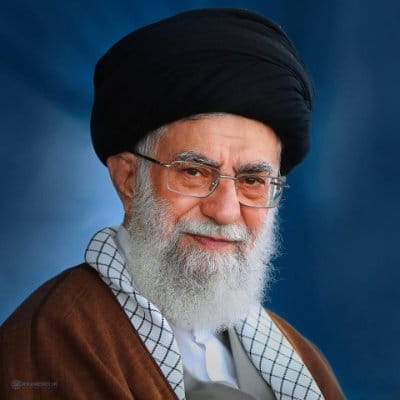
However, the methodology of political achievements, diplomacy and activity as well as the military operations of the two different political movements are, of course, different in many ways. They have one thing in common: the urgency and desire to destroy colonialism and neo-colonialism that shrouds itself with the Western concepts of “Democracy”, “Freedom” and other ideological fetters of Western imperialism. The more radical or even theocratic or Islamic republics or constitutional republics like that of Türkiye are opposed to such political beliefs. Among those countries that are nationalistic and wary of Western political interference, but yet have diplomatic and trade relations and even purchase military equipment from the West, is Egypt which is actually within the framework of a so-called republican semi-presidential system of government. This was the system created following the 2013 Egyptian military coup d'état and the takeover by President Abdel Fattah el-Sisi.
Finally, there is Jordon which one might say is a hub of Palestinian refugee camps which professes to be a democratic state, but is in reality a nation-state controlled very strictly by a Constitutional monarchy. All these nations within the framework of the Middle East, including Lebanon, Syria, Iran, Iraq and Yemen offer a constellation of vast territories, seaports and other commercial assets which is not lost on the Axis of Resistance in its attempt free itself from American imperial interests, including that of their client nation-states.
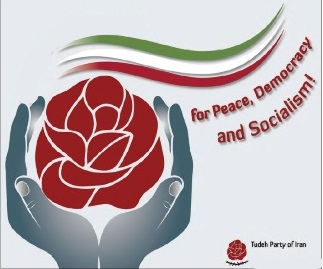
The research group known as the Stiftung Wissenschaft und Politik German Institute for International and Security Affairs is critical of the political and military policies of the Axis of Resistance as well as their overall vision as to who shall govern the Middle East and North Africa. They view the organization as having been brought about in this manner -
The political and ideological head of the “axis of resistance” is Iran’s Supreme Leader, Ali Khamenei, whose military and intelligence apparatus dominates Iranian security policy. Militarily, the alliance is led by the Quds Corps (Persian: Niru-ye Qods; Arabic: Failaq al-Quds), one of the branches of the Iranian Revolutionary Guards. The Guards are a political-ideological army that answers to the revolutionary leader alone. They were created in 1979 in competition with the conventional army (Persian: Artesh) because the architect of the Islamic Revolution, Ruhollah Khomeini, was worried about a coup d’état by the military.
What this refers to is a correct observation of the origins of the Axis of Resistance, but it is always subject to change due to palace intrigues and intelligence interference by Western powers or their client nation-states who attempt to disrupt and destroy the central nucleus of the Axis coalition. In this sense, the Supreme Leader, Ali Khamenei is similar in stature to that of Sharif Hussein bin Ali who led the Arab Revolt and who is considered the father of modern pan-Arabism. Ali Khamenei does not govern in the same way as Sharif Hussein over his people, obviously, but his word is law. Quds Corps has its allegiance to Khamenei and the leadership of Hezbollah and even certain political groups, such as the militant organization, Hamas, swear their allegiance to him as well. Although these political allegiances are now often vocalized in the world media on a continual basis, the reality is that it is Iran who supplies the funds, war materials and economic assistance to those who follow them in the route of least political resistance. Such is the political and military grip that the Axis of Resistance wields like a mailed fist in the regions of the Middle East and to some extent North Africa.
The more complex military apparatus of the Axis of Resistance is also noted by the Berlin research organization mentioned above which states -
The war in Syria especially transformed the Quds Corps into a more militarily active organisation. Along with old and new allies, the Corps operates increasingly as the leader of a transnational Shi’ite army that conquers territory and then holds it, secures front and supply lines as well as borders, and establishes new fronts. This has been apparent since 2017, in particular in the context of the “land bridge” to Syria and Lebanon and the “second front” at the Golan border. The Quds Corps and militias erected bases along key strategic communication routes. Important sectors of the Iraqi border with Iran are controlled by Iraqi militias loyal to Tehran. The undisputed gravitational centre of the alliance was, until his death in January 2020, General Soleimani. Soleimani was not only the charismatic leader of the Quds Corps and the axis of resistance, but also their public figurehead.
With the various fronts created by the Axis of Resistance at the point of contact they initiated against ISIS and Israel, what should be noted from a military perspective is the leadership’s usage of flexibility of men and material at the point of contact with an enemy or the way they are able to secure their supply lines and create a “land bridge” from Syria to Lebanon and beyond, even into Gaza through the military forces of Hamas. All of this is done as if they were a mirage in an infinite desert in which the enemy is constantly confused as to their adversaries whereabouts, even as their leadership can be killed with explicit accuracy, by Israeli intelligence and its elite murderous forces, for instance, but it does not kill the organization that continues to thrive at times with impunity.
The Trump regime, on the orders of the pathologically ill, Donald J. Trump, ordered the assassination of General Soleimani, and the Persian memory which is as long as its history, will not forget and therefore will seek retribution against the former President of the United States even if they have to pursue him to the ends of the earth. Such is the raw nature of the Axis of Resistance which makes it formidable and ultimately dangerous against its adversaries.
Even though the Axis of Resistance is a powerful political and military force within the Middle East region, there are those who do not agree with its vision and who stand up to its leadership. This is not always made public in the Middle East or Western media. As an example even outside the body politic of the Axis of Resistance, there are political forces like the Iranian Communist Party, or the Tudeh Party of Iran, which although it was nearly destroyed by the leadership of Iranian Islamic Republic, it still has a voice.
In the online news outlet, IRANWIRE, there was tribute to a major Iranian communist leader, Khavari, who passed away in 2021 and whose legacy defines what is possible in the future -
In his message of condolence, Amouei cited a letter he recently wrote to the Tudeh Party. "I called for efforts to unite the different sections of the Tudeh Party of Iran, which continues to operate under various names," he said. "I hoped and still hope that this organizational fragmentation will give way to unity. With the unfortunate death of Comrade Khavari, the chances of this action being achieved have somewhat diminished, but I hope that those interested in uniting the party will continue to work in this direction."
Khavari's heritage is in fact the preservation of the name and existence of the Tudeh Party, which still commands the recognition of communist parties in India and Greece, which have the support of millions, and even the Communist Party of Vietnam. This preservation, though, has come at the cost of ideological stagnation, a lack of support for the latest developments in the global leftist movement and a lack of widespread activity in the Iranian political and media spheres.
Despite this, many Tudeh Party members believe that when conditions for free political participation arise again in Iran, the Tudeh Party, as it was reborn in 1979 revolution after a nearly three-decade hiatus, will once again become a party with thousands of members and a serious political force. Only future generations will be able to testify as to whether this hope was founded or not.
From this analyst’s point of view, if one is cornered, if one’s political organization is in peril of being destroyed en total, then certain compromises are essential for the survival of the revolutionary organization to endure and fight tomorrow…the next day and the days, weeks, months and years to come. After a political realpolitik agreement to fight one’s enemy another day, the truism that the enemy of my enemy is my friend is realized. Lenin and Mao Zedong allied themselves with various political and military groups whom they knew in the end they could discard at the appropriate time. Although there are policies of the Axis of Resistance that are not always healthy in the political and military sense, they do offer an alternative in the struggle against neo-colonialism that is supported economically and militarily by those elites in the Middle East whose main concern is the acquisition of absolute power and economic and monetary control over the masses of the Middle East and beyond.
There is a political voice that is barely or rarely heard in the United States media. Whether we agree with its assessment or not, it is based on an acute perception by a political sector of African American political activists. Although we may find it harsh, we need to give a voice to unquenchable anger, and it needs to be heard. I will quote here a few paragraphs of such a voice from a group of African Americans, known online as the Black Agenda Report, in which they unequivocally voice their support for the Axis of Resistance -
Given the colossal failure of the zionist entity’s campaign in ‘freeing’ the prisoners held by the resistance in Gaza, in recent weeks, it sought ways to legitimize its military actions and demand for increased support from its imperialist allies. It did so by attempting to expand the war zone into neighboring countries to draw its allies into the orbit of war. The zionist entity began sporadically bombing Lebanon outside of the conflict area (attacking Beirut) and destroying civilian infrastructure in Syria and, most recently, escalated by bombing Iran’s consulate in Damascus. Now, the zionist entity, which has become a pariah entity…committing genocide and bombing a country’s consulate, and assassinating seven Iranian military advisers, including three seniors commanders.
Such a violation saw a noticeable retaliation by Iran and the Axis of Resistance . Following the heroic acts by Yemen to block all ships crossing through Bab Al-Mandab that are affiliated with the zionist entity, Iran began by first seizing a ship passing through the Strait of Hormuz. Second, Iran and the Axis of Resistance sent a barrage of drones, missiles, and rockets on the occupied Palestinian lands. While ahistorical, liberal narratives would reduce each action to their efficacy on the ground. But these actions by the Axis of Resistance have made colossal changes in the trajectory of history in the region in several ways… though many frame Iran’s barrage as fruitless theatrics and expressions of prowess without having any, one must recognize that military strategy, not to be confused with tactical wins, are long-term objectives. Iran has probed the zionist entity and masterminded a strategy that granted it an accumulation of knowledge about the air defense systems in the region, which countries house operable imperialist airbases, and which regimes heed to imperialism.
Although there is much rhetoric in the full essay that I did not include what is undeniable is the sophistication of the African American political visionaries and intellectuals to grasp the essentials of the Axis of Resistance which is to continue to develop a strategy and tactics which are creative and not stagnant. The Egyptians, for instance, utilized outdated military strategies in the Ramadan War, the Yom Kippur War, the October War, and the 1973 Arab–Israeli War also known as the Fourth Arab–Israeli War. This last war was fought from October 6-25,1973 between Israel and a coalition of Arab states led by Egypt and Syria. It led to disastrous results for the Arab World, although it was a heroic war in its inception. To win a war one must be more than heroic, one must create sound and detailed strategy and tactics based on historical analysis that is calmly objective.
The United States Communist Party leadership does not directly voice support for the Axis of Resistance, but they reference it through more subtle language which allows for a greater exposure to their political support for those parties which support the anti-colonial struggle against American foreign policy and the Israeli quest for hegemony in the Middle East. Here is an example of their balanced language and political message about the Axis of Resistance -
The events have united resistance forces within occupied Palestine. Recently the Central Command of the Palestinian Forces Alliance held a meeting in Beirut, Lebanon, attended by representatives from Hamas, Islamic Jihad, the Popular Front for the Liberation of Palestine – General Command, the Popular Struggle Front, the Palestinian Liberation Front, the Vanguard for the Popular Liberation War – Lighting Forces and the Fatah Al-Intifada movement.
Since the Oct. 7 initiation of the al-Aqsa Flood — the organized operation of resistance sparked by 75 years of Israeli terrorism and military occupation — protesters have poured into the streets in countries across the Middle East and North Africa. There continue to be major demonstrations in Egypt, Iraq, Jordan, Lebanon, Morocco, Oman, Qatar, and Tunisia expressing unconditional support for the struggle led by the Hamas Islamic Resistance Movement. Demonstrators burned U.S. and Israeli flags and chanted for their military defeats.

What makes this information above so essential for the American reader is the way the journalist gives us a factual account of the various political groups throughout the Middle East who have supported the Axis of Resistance including the young militant demonstrators who have marched incessantly through the city streets of America. In my analysis of the Axis of Resistance, I attempt to introduce the reader to scholarly and academic viewpoints and the perspective of the masses that is ignored among the elites in the Western World.
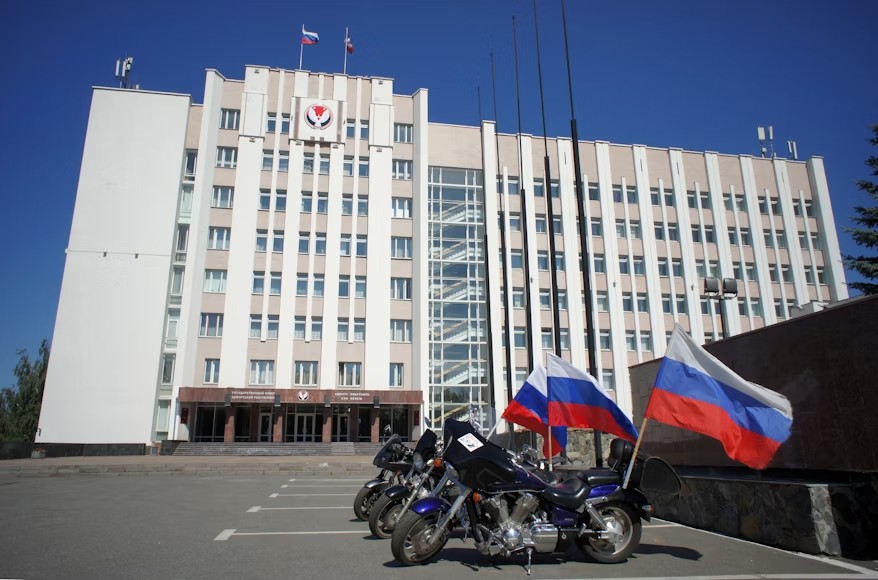
However, while acknowledging those political voices on the periphery of actual decision-making about the issues of war and peace in the Middle East and the role that the Axis of Resistance plays in the overall narrative, there should be a realization that Russia will ultimately be a decisive force in the settling of issues in the Middle East. Russia has a deep history of alliances with Iran, periods of military hardware support for Egypt under the Naser regime, not to mention serious diplomatic relations with Israel. The relationship with Israel has been an unsteady one due to the Palestinian question of Self-determination and Liberation. Recently, an international study of Russia and the Axis of Resistance stated:
But Russia is simultaneously building another set of relationships that, although more subtle, are no less significant. Over the past two years, Moscow has intensified its ties to the “axis of resistance”: the network of Iranian partners and proxies that stretches from Lebanon to Iraq. This axis, which includes Hamas, Hezbollah, the Yemeni Houthis, and Iraqi and Syrian militias, believes itself to be in confrontation with Israel and, by extension, the United States. It is a natural ally for the Kremlin.
However, the journalists, Hamidreza Azizi and Hanna Notte, from which the above excerpt was taken from the journal “Foreign Affairs” via Middlebury Institute of International Studies at Monterey also admitted that the subtle alliance between Russia and the Axis of Resistance creates a direct threat to the United States power base in the Middle East and concluded with the following regional observation:
Moscow is not the puppeteer controlling the axis, and its efforts to incite the network’s members into further pressuring the United States will be measured. Russia wants to maintain ties with the Arab countries in the Persian Gulf, as well as with Israel, and so it cannot afford to offer Iranian-linked groups unlimited backing. But Russia will still egg the axis on, encouraging its anti-American designs and working to make its attacks more effective. Washington will therefore have to respond with its own intensive efforts to counter this influence. The United States must, in particular, try to end the war in Gaza. It must also try harder to calm tensions throughout the Middle East. And Washington needs to push third parties, particularly its Arab allies, to undercut the partnership between Russia and the axis of resistance. Otherwise, Russia, Iran, and the two states’ friends may well curtail the United States’ power across the entire region.
It is this historian’s view that there is going to a deeply profound political change in the Middle East, a political earthquake that will not be curtailed or stopped even if it means a Middle East regional war or an expanding scale of conflict resulting in World War III. As the United States’ political base begins to diminish and decline over much of the Middle East and North Africa, then what will take its place will be outside political forces, such as China and Russia, whose art of negotiation and diplomacy, not to mention its pragmatic ways of delivering economic and military support to the fledgling Middle Eastern countries will bring forth a new political paradigm in that region of the world. As the tectonic plates shift beneath the surface of the various ancient, historical cultures of the individual Middle Eastern states as they begin to collide with their own self-interest and unsolvable contradictions and as the fault lines of political boundaries fall apart, these nation-states will slide past each other, or pull apart, into the realm of war.
The leadership of the Axis of Resistance have created a geographical political arc which has influenced the leadership of Central and South American countries, such as Venezuela, Ecuador, Boliva, and, to some extent, even Columbia. These Southern Hemisphere nation-states have yet to create such a coalition as the Axis of Resistance, but the germinating seeds are there. It is likely to grow into a profound historical coalition if the United States continues to force its political foreign policy agenda on Central and South America with little regard for the economic and social needs of those masses throughout that region. However, there is a counterview as expressed in an essay published in the Atlantic Council, 2020 -
Ultimately, there is much debate about the extent to which Iran and Hezbollah actually possess influence in Latin America. Many Iran hawks argue that Tehran and its Lebanese surrogate pose a grave threat to regional security in the Western Hemisphere. Yet others maintain these claims are based on gross exaggerations and that Hezbollah has no structured presence in Central and South America—meaning that it is highly unlikely that the Lebanese Shia group would have the means to wage any attacks in the Western Hemisphere. This latter group believes that these alleged Hezbollah members in the tri-border area are mainly drug smugglers from the Lebanese Shia diaspora with no concrete ties to the group. These smugglers operate cross-borders where movement is largely unregulated.
As the crises develops in Gaza and the West Bank, as the Ukrainian and Russian War becomes more severe and as Russia moves ever closer to the taking of the Pokrovsk region which is a major industrial zone with large urban development coupled with a vast network of mines, South and Central American governments will be watching the outcome carefully from the position of their own self-interests. Most importantly, Pokrovsk is a crucial logistical position of defense for Ukrainian troops in the Donetsk region, located at the intersection of railway and road networks, and if Pokrovsk falls then the Donbas region will be completely in the Russian sphere of influence. How does this affect Latin America, since Donbas is thousands of miles away? It is the military and political outcome in the Donbas area in the Ukraine and Russia war that will influence the diplomatic and political forces in the Southern Hemisphere of the Americas. This will reverberate in the shifting of alliances, and could signal for the South and Central American governments that the United States and its proxy ally, Ukraine, are on the wane and on their way to defeat. Regarding the elite as well as the more progressive and revolutionary forces among the Latin peoples, they will see the United States as vulnerable in maintaining its hegemony across Central and South America and the United States’ influence will thus be significantly less.
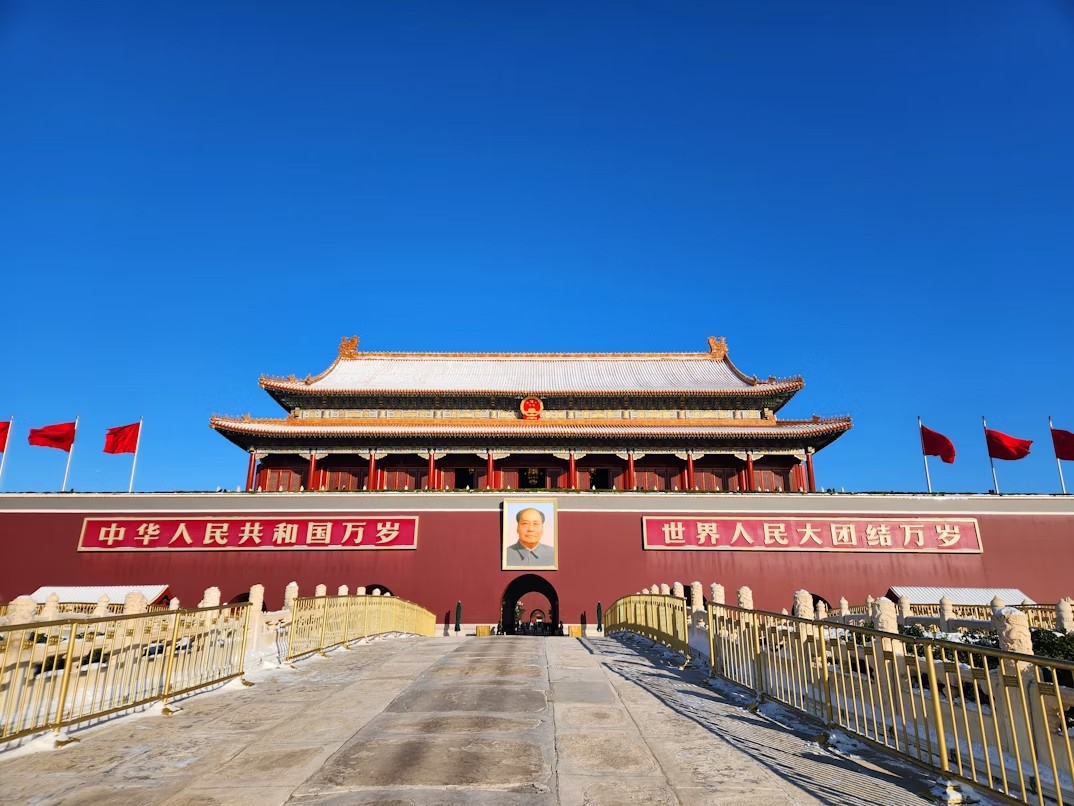
The leadership in Tehran knows that once the United States is perceived as a weakened opponent in the Middle East similar to the way the Ottoman Empire collapsed in Arabia, then the Iranian leadership will pursue their political and military agendas to a greater extent in the Southern Hemisphere without fear of sanctions and veiled military threats. This does not preclude Iran from exploiting the economies of Central and South America. A multi-polar world is emerging in which there will be a new world order and political spheres of influence. The great arc of influence of the Axis of Resistance is not just seen and heard in the Gaza War in the Middle East, its political influence stretches across Africa to those regions known as South and Central America. The United States interest is to stabilize its southern flank with liberal-colonial regimes which are not disposed to create any kind of economic or military alliance with The Peoples Republic of China, Russia or Iran.
Recently the leadership of the US Central Intelligence Agency and the UK Secret Intelligence Service voiced their fears of a new world order which they obviously pledge to fight against regardless of the cost of human misery and endless war. They stated publicly -
In the 21st century, crises don’t come sequentially. While significant attention and resources are being deployed against Russia, we are acting together in other places and spaces to counter the risk of global instability. For both the CIA and SIS, the rise of China is the principal intelligence and geopolitical challenge of the 21st century, and we have reorganised our services to reflect that priority. Meanwhile, counterterrorism remains core to our partnership, and we work closely with others to protect our homelands and thwart the resurgent threat of Isis.
The irony is not lost on this historian that it is the governments of the United States and Great Britain who both continually cause, contribute to and worsen global instability. In their avowed pronouncement to protect their political interests abroad and in defining their “challenge” of “counterterrorism”, the two Western intelligence agencies identified China and ash-Sham (ISIS) as political threats. The Axis of Conquest, a term I coined, are the nation-states of the United States, and their subservient ally, Israel, Great Britain, and France, who will not let up in their pursuit to maintain their status quo as a dominating collective force. It is not unnatural for them to want to enforce their world hegemony as it is the very nature of their law of capitalism and imperialism, and that is to control every segment of human activity and attempt to harness the world order. As the British Journalist of Middle Eastern studies admitted -
The counter-coup in Egypt ousting Mohammed Morsi, the creation and expansion of the Islamic State into Syria and Iraq, and the progressive breakdown of the relations between Saudi Arabia and Tehran, significantly raised the stakes for the actors involved while, in many occasions, narrowing potential points of agreement. In this context, many actors opted for a return to channelling their foreign policies either in pure bilateral terms or through none institutionalized channels in the case of multilateralism.
There is also the possible recent acquisition of Chinese fighter planes known as the Chengdu J-10C which will replace the American F-16 fighter jets that the Egyptian government had been purchasing for years. As noted by the online news outlet, assan.com “Egypt's decision is interpreted as an attempt to become less dependent on the United States. Cairo is diversifying its weapons purchases. A decade ago, it ordered Su-35 and MiG-29M2 aircraft from Russia, but the operation of these machines and Russia's reliability as a supplier of parts was unsatisfactory…The decision is likely political, as the J-10C, although more modern than the old versions of the F-16, is inferior to the new variants of this machine offered to Egypt. ”. In more concrete terms, as the military deal between Egypt and China has not been officially substantiated, it reveals how the United States is no longer able to harness military and economic cooperation in that region of the world due to the deep political upheavals and discontent that has troubled the Middle East for decades as well as foreign policy changes that are moving constantly throughout the Middle East like a desert wind that suddenly turns the skies dark.
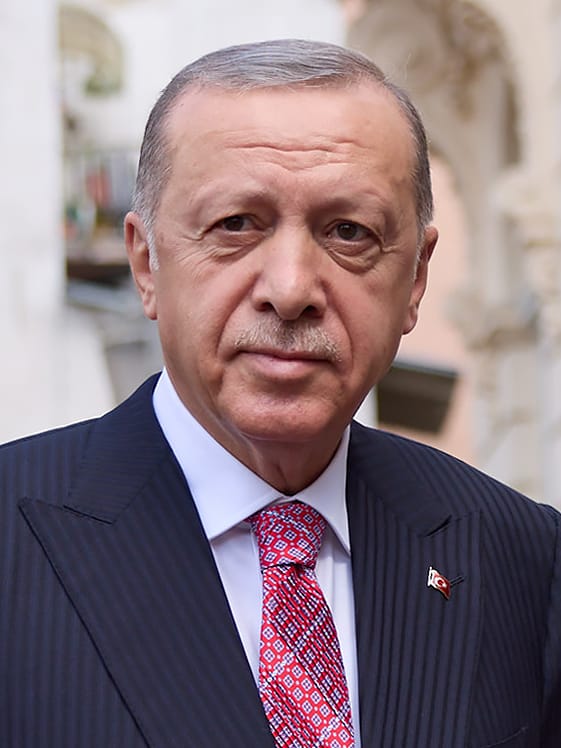
The Western world, despite its vast arsenal of military troops and hardware, is not able to contain or destroy the Axis of Resistance. On September 7th, 2024, the Turkish President made a harsh political statement about the situation in the West Bank. It was like an unsettling wind when he spoke these words before a world audience. An online news outlet reported the following -
Turkish President Tayyip Erdogan said on Saturday Islamic countries should form an alliance against what he called “the growing threat of expansionism” from Israel. He made the comment after describing what Palestinian and Turkish officials said was the killing by Israeli troops of a Turkish-American woman taking part in a protest on Friday against settlement expansion in the Israeli-occupied West Bank. “The only step that will stop Israeli arrogance, Israeli banditry, and Israeli state terrorism is the alliance of Islamic countries,” Erdogan said at an Islamic schools’ association event near Istanbul. He said recent steps that Turkey has taken to improve ties with Egypt and Syria are aimed at “forming a line of solidarity against the growing threat of expansionism,” which he said also threatened Lebanon and Syria.
The United States and Israeli governments did not respond to the accusations by Erdogan. But what could they say against such words that were like desert sand thrown into their foreign policy faces? As the lights across the world begin to falter into darkness, we can only live with the knowledge that not all the lights will go out across this earth.
Editor's Note:
The views and informations expressed in the article are solely those of the author and may or may not reflect the views of The International. We believe in providing a platform for a range of viewpoints from the left.
"The International" belongs to you.✕
Please take a moment to read this. We apologize for any interruption, we want you to know "The International" seeks your valued support at this time. We've proudly served as a pioneering online platform, delivering ad-free media content. With only 2% of our readers opting for a subscription, any contribution you choose holds immense significance—whether it's an annual fee of $25 or a monthly payment of $2.5. — The "The International" Team, committed to providing you with enlightening perspectives. We want to highlight that this sum is even less than what you'd spend on a cup of coffee, yet it greatly aids in sustaining our efforts to perpetuate and enhance your esteemed initiative.
